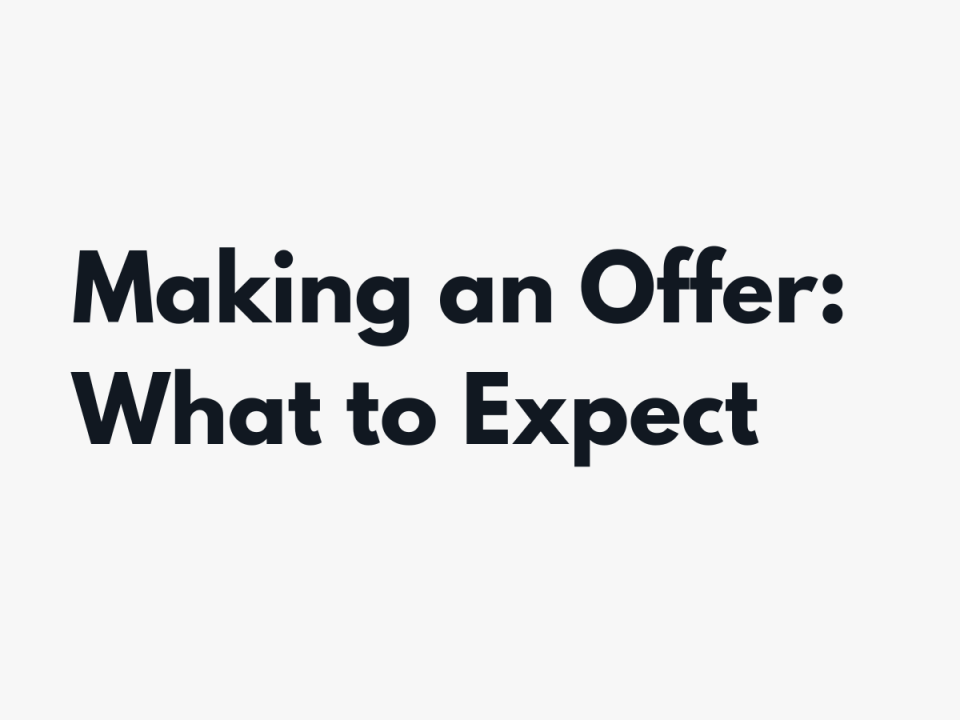- Launceston, TAS, 7250
- Mon to Fri 9.00 am to 5.00 pm
- 03 6331 5500
- info@sproal.au
What is a power of attorney?
Provide the authority for someone to act on your behalf
Please note: We no longer provide wills, estate planning, or probate services.
A Power of Attorney is a legal document that appoints a person – the attorney – to make decisions on your behalf on matters related to your financial and legal affairs, such as selling or purchasing property or accessing funds in your bank accounts.
Don’t think you need one? Consider such things as international travel and the unexpected problems that may occur in your absence from home or work. If you plan to travel, particularly out of the country, there is no better time to organise a Power of Attorney. It means that should a matter arise that requires your signature or attention while you are away, your Power of Attorney can handle it in your absence, leaving you to enjoy your holiday rather than running around searching for a printer or post office.
It does not permit a person to make decisions about your medical or personal affairs – this is achieved via the appointment of an enduring guardian. Please click here for more information on enduring guardianship.
The different types of Powers of Attorney:
A Particular Power of Attorney limits what your attorney can do with the particular powers vested in them. For example, you could give your attorney specific powers, such as signing leases and contracts and effecting land transfers, but without access to your general financial affairs. This type of power of attorney can also be enduring. It continues after the loss of mental capacity on the same limited basis it operated before the loss of capacity.
A General Power of Attorney permits your attorney to do anything you can about your financial affairs. A general power of attorney can be enduring, meaning it will not be revoked if you lose mental capacity.
An Enduring Power of Attorney allows the appointed attorney to act during the enduring phase, which is when you lose mental capacity and/or the ability to manage your affairs. During this phase, you cannot oversee the attorney’s use of power, so you must appoint a person or persons that you trust to take on this role.
What happens if you do not have a Power of Attorney?
In that case, you cannot appoint one after you lose capacity, nor can your family members legally act in the capacity of an attorney and do what an attorney is legally empowered to do. Should the situation eventuate that you become incapacitated without an Enduring Power of Attorney, an application would need to be made through the Guardianship and Administration Board to appoint an Administrator, which may be granted to an individual, the Public Trustee or a private trustee company for example. In the meantime, your financial assets are not consistently protected as they could be under an Enduring Power of Attorney.
Again, it is critical to plan for these unknown contingencies and ensure that your estate is protected per your wishes should you lose mental capacity.
Please note: Our firm is not offering Power of Attorney services at the moment.
All material on this site is provided for information purposes only. The contents do not constitute legal advice, are not intended to be a substitute for legal advice and should not be relied upon as such. You should seek legal advice or other professional advice in relation to any particular matters you or your organisation may have. If there are any issues you would like us to advise you on arising from this material, please get in touch.
Related posts


